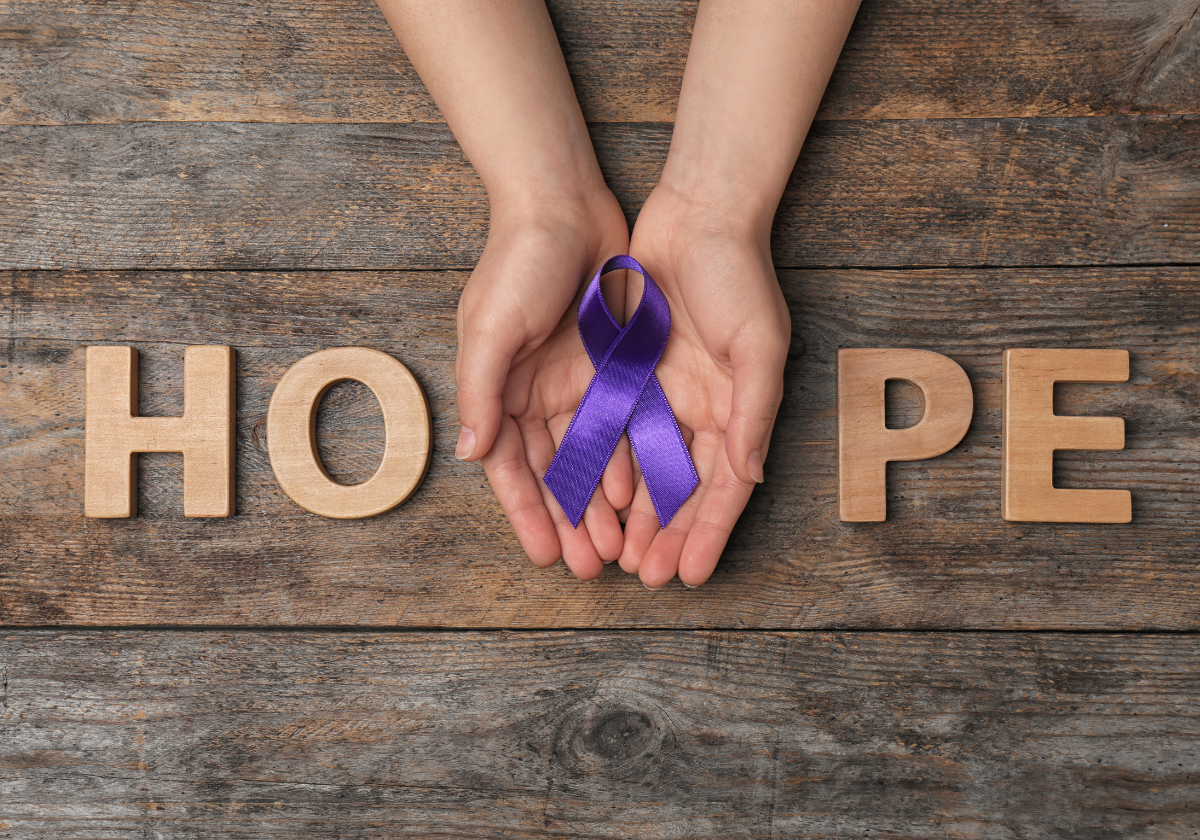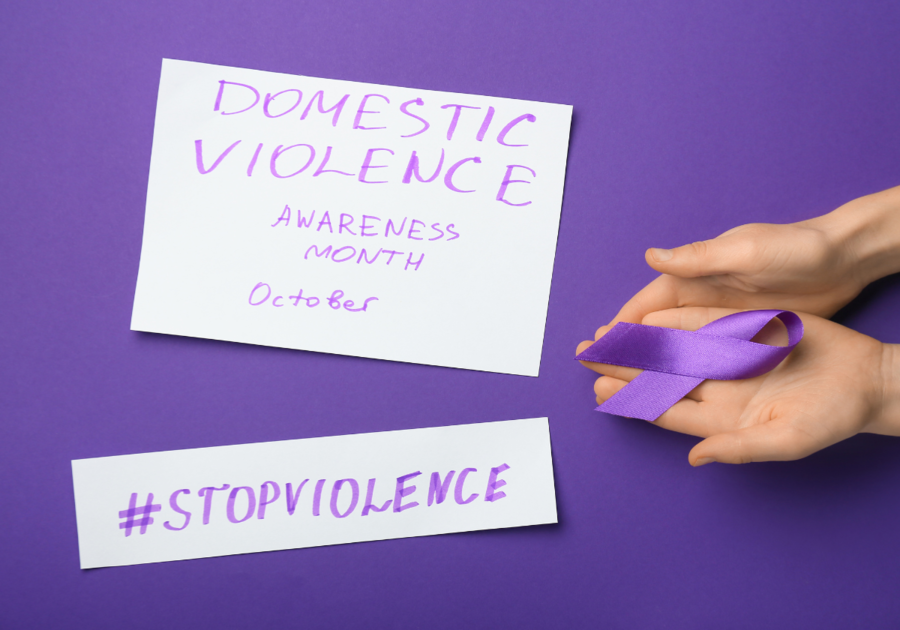Domestic Violence: A Real and Present Danger
While we hope that all of our readers are safe and secure in their relationships, the reality is that domestic abuse remains a serious concern. Even if you haven't experienced it personally, it's likely that someone you know has. Domestic violence knows no bounds and can affect anyone, regardless of their socioeconomic status.
What to Do When You Suspect Someone is Being Abused
If you suspect someone is a victim of abuse, the first step is to believe them and offer support. Abusers don't always fit the stereotype of being bruisers or aggressive. Some abusers are charming, and it can be difficult for the victim to speak out due to fear of not being believed. Even when there's physical evidence, such as bruises or broken bones, the victim may still make excuses for how it happened. Victims of abuse can start to believe the lies and threats their abusers tell them, which makes it harder to leave the situation. Leaving an abusive relationship can be dangerous, as the abuser may try to stalk or attack the victim. It's important to understand that not everything is black and white, and leaving an abusive relationship is a complicated process.
Understanding the Different Forms of Domestic Abuse
Domestic abuse can manifest in various ways. It's not limited to physical signs such as bruises, black eyes, or broken bones. Verbal and psychological abuse, financial abuse, sexual abuse, stalking, humiliation, manipulation, threatening, destroying someone's property, or isolation are all forms of abuse. It's important to note that physical abuse is not only defined by being hit. Preventing someone from moving or leaving freely, causing fear or following someone, throwing objects, and damaging personal property are all considered forms of physical abuse.
Important Note: Recognizing the Severity of Abusive Relationships
It's crucial to realize that abusive relationships tend to escalate over time. What begins as verbal and emotional abuse can turn into physical violence, such as throwing objects or damaging personal property. While every situation is unique, it's important to seek help if you're experiencing abuse.
 |
Reach Out for the Support You Need
You are not alone, and there are organizations such as SafeHome, Rose Brooks, and others available to offer assistance. Here are some resources to help you navigate leaving an abusive relationship, rebuilding your life, and staying safe.
- Rose Brooks 24 Hour Crisis Line: 816-861-6100 Kansas City South
- SafeHome 24 Hour Crisis Line: 913-262-2868 Johnson County
- Hope House 24 Hour Crisis Line: 816-461-4673 Eastern Jackson County
- Synergy Services Domestic Violence Hotline: 816-321-7050 Kansas City North
- The Willow Domestic Violence Center 24 Hour Hotline: 785-843-3333 Lawrence
- Mattie Rhodes Center 816-471-2536
- Friends of Yates Domestic Violence Hotline: 913-321-0951
- Newhouse 24 Hour Crisis Line: 816-471-5800 Northeast Kansas City
- National Domestic Violence Hotline at 1-800-799-(SAFE) (7233) or receive online assistance at www.thehotline.org
In addition to the above, there are more resources available to support you through the process:
- Other Helpful Organizations from SafeHome
- Download a Personalized Safety Plan (Plan de Seguridad Personalizado) from Rose Brooks
- Download a Youth Safety Plan from Rose Brooks
- Download a Safety Plan while Living with an Abuser from Rose Brooks
- Download Safety Planning with Your Children from Rose Brooks
- Download Safety Planning with Your Pets from Rose Brooks
- Kansas City Missouri Police Department Domestic Violence Assistance
- Kansas City Rescue Mission Women's Center - Kansas City, MO
- Forest Avenue Family Shelter - Kansas City, MO
- Sheffield Place - Kansas City, MO
- True Light Family Resource Center - Kansas City, MO
- Catholic Charities of Kansas City - Kansas City, MO
- City Union Mission Family Center - Kansas City, MO
- Community Linc Inc. - Kansas City, MO
- Forest Avenue Church - Kansas City, MO
- Restart Inc. - Kansas City, MO
- Light House Inc. - Kansas City, MO
- Salvation Army - Kansas City, MO
- Sarita Lynne Ministries - Kansas City, MO
- True Light Family Resource Center - Kansas City, MO
- Mother's Refuge - Independence, MO
- Hillcrest Ministries - Independence, MO
It's important to acknowledge that leaving an abusive relationship can be a challenging decision, as the abuser may intensify their behavior when faced with the possibility of separation. Every circumstance is unique, and the #whyIstayed movement has highlighted the many reasons why individuals remain with their abusers. But always remember, you are not alone. There are people and organizations that care and are available to help.
This article was originally published by Brittany Marsh, publisher for MacaroniKID Gardner-Spring Hill-Paola and MacaroniKID SE Kansas City, MO.



